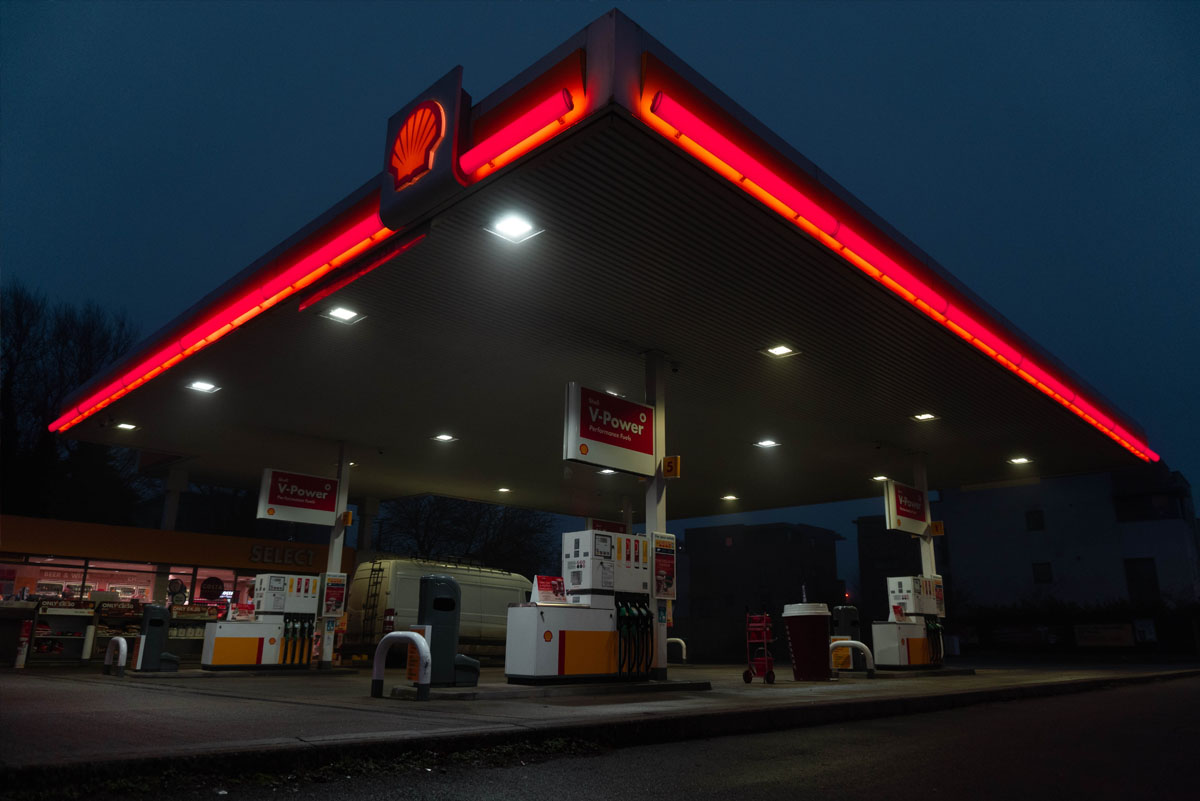Recent analysis by the Competition and Markets Authority (CMA) has revealed a significant drop in fuel prices, signaling a swift response from petrol stations after being accused of not passing on wholesale cost savings to consumers. In this article, we delve into the details of this remarkable change, examining the factors that led to the drop and its implications for motorists across the United Kingdom.
The CMA Report: A Catalyst for Change: On November 8, the CMA published a report highlighting the failure of retailers to transfer wholesale cost savings to customers. Pump prices during September and October were found to be "significantly above the long-term average." The regulator's intervention proved to be a game-changer, prompting swift action from fuel retailers.
Rapid Price Reductions: The analysis conducted by the AA revealed that fuel prices dropped at a remarkable pace in response to the CMA report. Within just 14 days of the report being issued, prices decreased by 3.75p per litre, twice as fast as the preceding 31 days. This swift adjustment resulted in a £2 reduction in the cost of a tank of petrol, showcasing the tangible impact of regulatory intervention.
AA's Take on the Situation: A spokesperson for the AA emphasized the influence of the competition watchdog, stating, "It is amazing what happens when the competition watchdog gives the fuel trade a good prod." The spokesperson highlighted that increased competition led to accelerated price reductions, providing relief to motorists.
RAC's Perspective: Motorists Still "Losing Out Massively": Despite the drop in prices, the RAC expressed concerns that motorists are still "losing out massively at the pumps." The average retailer margin on petrol, according to the RAC, remains around 17p a litre, which is 10p more than the long-term margin. This suggests that further scrutiny and measures may be needed to ensure fair pricing for consumers.
Legislation and Future Changes: The CMA's report coincided with the granting of new powers to act as the UK's fuel price watchdog. Legislation is currently in progress, set to come into force next year, allowing the CMA to gather more information and report evidence of unjustified price increases. Additionally, the UK's four fuel-selling supermarkets have committed to sharing daily price data, with the government planning to make this mandatory.
Conclusion: The recent drop in fuel prices following the CMA's intervention is a positive development for UK motorists. The ongoing legislative efforts to increase transparency and competition in the fuel market hold the promise of further improvements. As we look ahead, consumers can anticipate a more regulated and responsive environment, potentially leading to fairer fuel prices in the long run.


